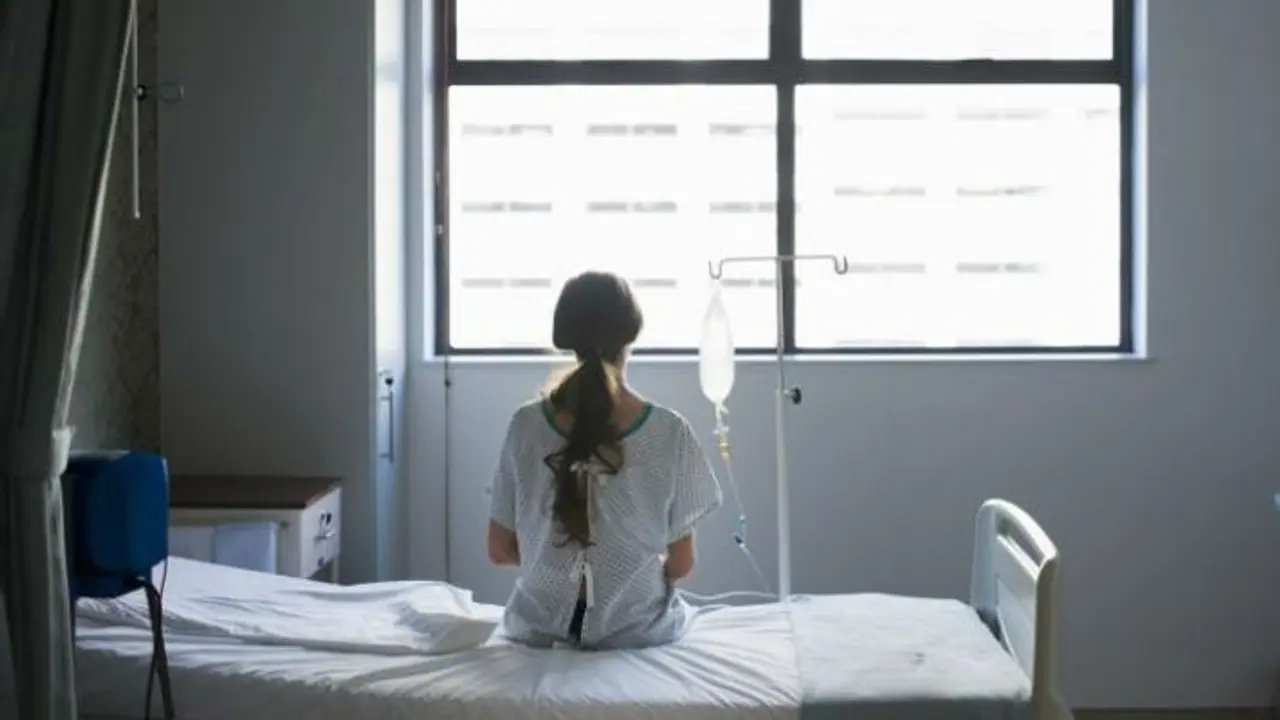The top five cancers in males in UAE are Colorectal, Prostate, Non-Hodgkins, Brain cancer and Leukaemia. Top five cancers in females in UAE are Breast, Colorectal, Thyroid, Cervix and Leukaemia. Most women suffering from cancer worldwide are affected by breast cancer and the number of patients is on the rise in UAE.
Cancer incidence in the Middle East region including the UAE is on the rise with the number of cases expected to double by 2030, according to the World Health Organisation (WHO). WHO estimates that nearly one million people in the region will suffer from the disease within the next three decades.

Unhealthy lifestyles, poor awareness of cancer, stigma related to cancer diagnosis and lack of early detection are reasons for the rising incidents of cancer in the region. Tobacco use is the most important risk factor for cancer causing 22% of global cancer deaths and 71% of global lung cancer deaths.
“It is how we live that defines us.”

Cancer incidence in the UAE
According to statistics released by the Health Department of Abu Dhabi, there are approximately 4,500 new cases of cancer reported every year with 12 people diagnosed every day in the UAE. Cancer is the third leading cause of death in the Emirate of Abu Dhabi. It is the third among nationals and the third among expatriates. It accounts for 16% of total deaths.
The top five cancers in males in UAE are Colorectal, Prostate, Non-Hodgkins, Brain cancer and Leukaemia. Top five cancers in females in UAE are Breast, Colorectal, Thyroid, Cervix and Leukaemia. Most women suffering from cancer worldwide are affected by breast cancer and the number of patients is on the rise in UAE. Over the next 25 years, 42 million new cases are expected worldwide and 13 million people worldwide will die from breast cancer. More than 20 per cent of all female deaths in UAE are caused by breast cancer. The median age at diagnosis of breast cancer in UAE is 10 to 15 years younger than in North America and Europe.
Majority of cancers are diagnosed in the second stage with 30% cases diagnosed in the third stage. Cancer still being a taboo subject in UAE leads to a late diagnosis of breast cancer.
Colon cancer is the second most recorded cancer in the UAE and second highest cause of mortality due to cancer in the UAE. Colon cancer occurs almost 20 years earlier in UAE than in the West. The median age of diagnosis in UAE is 55 years as compared to 70 years in the US.
Majority of cases (70%) present in advanced stages III and IV.
Cervical cancer is among the most common cancers in females and the deaths from cervical cancer are set to almost double in the next 15 years, according to a new report that demonstrates the urgent need for women to get tested. It is one of the most preventable forms of cancer with routine screening.
Risk Factors
The most common risk factors for cancer include ageing, tobacco, obesity and lack of physical activity, sun exposure, radiation exposure, some viruses and bacteria, certain hormones, family history of cancer, alcohol, poor diet, chemicals and other substances.
Signs and Symptoms
The most common signs and symptoms of cancer include changes in bowel or bladder habits, a sore that does not heal, unusual bleeding or discharge, thickening or lump in the breast or any other part of the body, indigestion or difficulty swallowing, obvious change in a wart or mole, nagging cough or hoarseness.
Early Detection
Early detection is the key factor in treatment. Colon cancer can be completely asymptomatic, so the only way to be sure that you don't have the disease is to go for early detection. Cancers of breast, cervix, and colon can be cured if detected early and treated adequately. If detected at an early stage, the survival exceeds 90%.
“For every mountain, there is a miracle”
-Robert H Schuller
Early detection involves the use of two methods:
1. Improving and increasing the awareness of cancer risk factors and signs and symptoms in symptomatic populations in order to facilitate early detection and early treatment
2. The adoption of screening tests in a presumably asymptomatic population to detect the disease in its early stages. For cancer screening programs to be effective, regular and periodic participation of people is needed.
Screening Tests
For breast cancer, mammograms are recommended annually or every two years for women aged 40-69 y and older. Cervical cancer screening should begin at age 21 y; for women ages 21 to 29 y, screening should be done every 3 y with Pap tests. From 30 to 65 y, screening should be done every 5 y with both the HPV test and the Pap test (preferred) or every 3 y with the Pap test alone.
HPV vaccination in childhood immunisation programmes in the UAE has helped drastically reduce the number of women with cervical cancer. Human papillomavirus vaccine prevents >70% of cervical cancer. Colon cancer is detected for both sexes between the ages of 40 and 75 y through immunochemical testing of stool every two years or sigmoidoscopy every 5 years or colonoscopy every 10 years. For lung cancer, screening is done with low-dose computed tomography (LDCT) in apparently healthy patients aged 55 to 74 years who have at least a 30 pack-years smoking history and who currently smoke or have quit within the past 15 years.
The UAE is determined to bring down cancer fatalities by nearly 18 per cent by 2021. Reducing the number of deaths due to cancer is one of the key performance indicators in the UAE National Agenda 2021. Education and awareness is key to beating the disease.
“Surviving doesn’t just mean staying alive. It means living to your potential”
-Antoinette
“Attitude is a little thing that makes a big difference”
-Winston Churchill
* This article was contributed by Dr Nidha Iqbal Shapoo for Asianet Newsable
